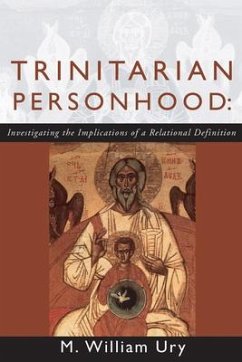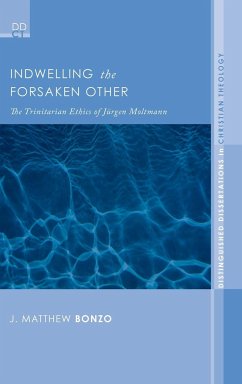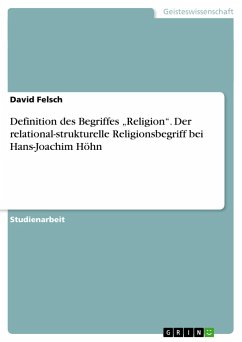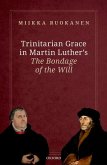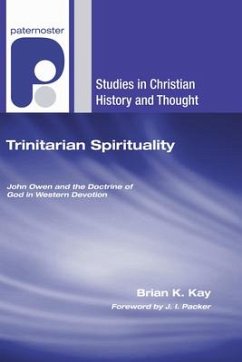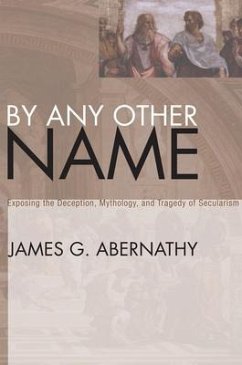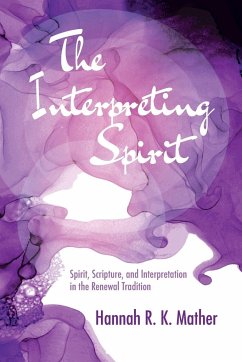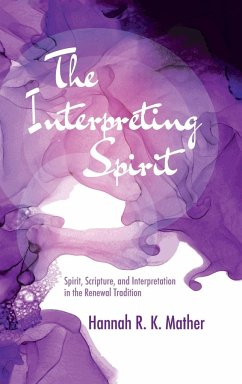The concept of the 'person' is a crucial yet elusive component in the development of Western thought. Few concepts are as replete with definitional difficulty. Equally important is the application of a proper definition to all major Christian doctrinal commonplaces. This work, recognizing the insufficiency of modern theology to offer a cogent concept of 'person', proposes a thorough historical and theological evaluation of Trinitarian personhood presented in three critical paradigm-shifts by which one can measure the development of the idea of true personhood presented. The three watershed eras of discernment of divine personhood presented are seen here as first, the Cappadocian position of the mutual indwelling (perichoresis) of the divine persons is contrasted with Augustine's view of the place of relations in defining divine persons. Second, the ideas of Richard of St. Victor whose caritas consummata and its relational implications met the nemesis of the Thomistic category of 'subsistent relations'. And last, as an example of this important discussion in modernity, the German, Heribert Muhlen's dynamic phenomenological approach to Triune personhood is offered as a means of countering the implicit modalisms of Barth and Rahner. If the personhood of God is in essence Being-in-Another then Christianity must apply that ontology to all sectors of reality to be fully Christian.
Hinweis: Dieser Artikel kann nur an eine deutsche Lieferadresse ausgeliefert werden.
Hinweis: Dieser Artikel kann nur an eine deutsche Lieferadresse ausgeliefert werden.

